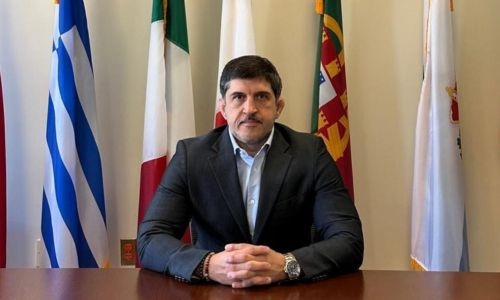Mercosul appoints Zaid Mirza as MENA Global Director and Ambassador
TDT | Manama
The Daily Tribune - www.newsofbahrain.com
The Mercosul Chamber of Commerce & Industry (MCCI) has announced the appointment of Zaid Mirza as the Global Director for the Middle East & North Africa (MENA) region.
This strategic decision, made by Argentinian MCCI President Miguel Lujan Paletta, underscores the Chamber’s commitment to strengthening economic ties and expanding its influence in the MENA region.
Mercosul stands as one of the world’s foremost economic blocs, boasting a combined GDP exceeding $2.6 trillion.
Bilateral business relations between Mercosul and the MENA region have already reached an impressive $25.7 billion as of last year.
“I look forward to implementing MCCI’s strategic vision. Our plan includes opening offices in major cities throughout the MENA region to facilitate increased business transactions,” stated Mirza.
Headquartered in São Paulo, Brazil, MCCI has regional branches across its member and associate countries, including Argentina, Uruguay, Paraguay, Venezuela, Chile, Peru, Mexico, Cuba, Colombia, Costa Rica, Portugal, Spain, Germany, Italy, India, China, Russia, Japan, Canada, and the United States, among others.
President Miguel Lujan Paletta expressed his satisfaction with the business relations between the two regions.
“We already have a strong presence in the Far East and Asia,” he said. “We look forward to boosting the commercial aspects of trade, acquisitions, and establishing a strong presence in the MENA region.
I will be visiting the region in the near future.” He concluded. Mercosur’s exports to the Arab world amounted to $12.3 billion, compared to $12.2 billion in imports from the Arab world.
“The size of the business between Mercosul and the Middle East is substantial and growing,” noted Zaid Mirza.
“The main products traded include agricultural products such as soybeans, corn, sugar, and meat from Mercosul, and petroleum products, natural gas, and minerals from the Middle East.”
Related Posts

